Eh, is the gomen right to ban vaping?
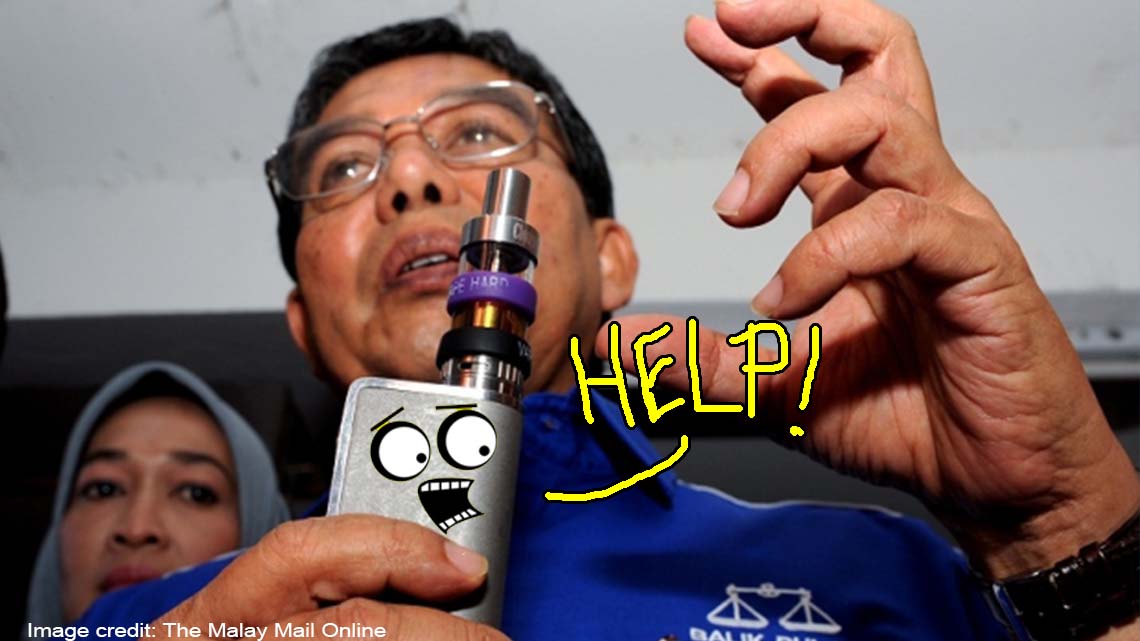
- 209Shares
- Facebook203
- Email1
Unless you’ve been hiding in a cave for the past two years, you should either be familiar with the term “vaping” or at least with the huge puffs of fragrant smoke from those little devices that look like the offspring of a phone powerbank and a fountain pen who spent a drunken night together without protection.
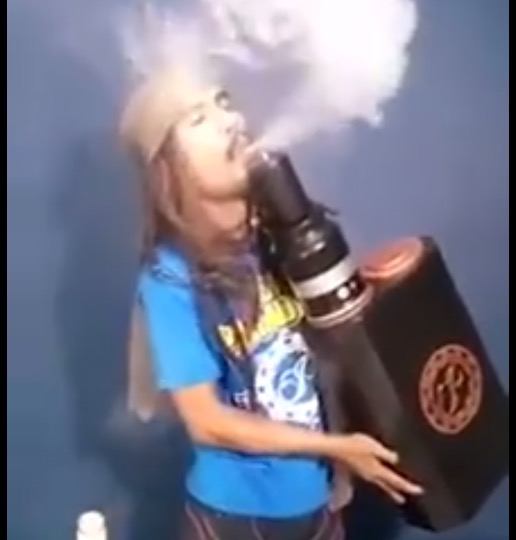
And really, there’s no way you’ll miss it wan – Malaysia is the second-largest market in the world (!) after the United States (!!) with the local industry worth over half a BILLION ringgit (!!!)
SO WHY THE HECK IS THE GOMEN BANNING IT???! 👿 👿 👿
Yup, many of the newly opened vape businesses and people with hopes of living a healthier life without cigarettes saw their dreams going up in smoke when the Health Ministry announced a ban on vapes, leading to police raids on more than 300 vape shops. We’ll get into the details in a bit, but before that, let’s look at a couple of rumors we’ve been hearing about why the gomen is so eager to extinguish the vape industry. Ladies and gentlemen…
It’s CILISOS Conspiracy Taim!!

Put on your tin foil hats ugaiz, cause we’re headed into into completely unproven Illuminati territory here.
Conspiracy Theory 1 : Protecting the tax money
Government collects a LOT of tax money from cigarette sales. If people start vaping, cigarette sales will fall, and so will tax money. The raids on vaping businesses happened just a few days after an increase in cigarette prices was announced.
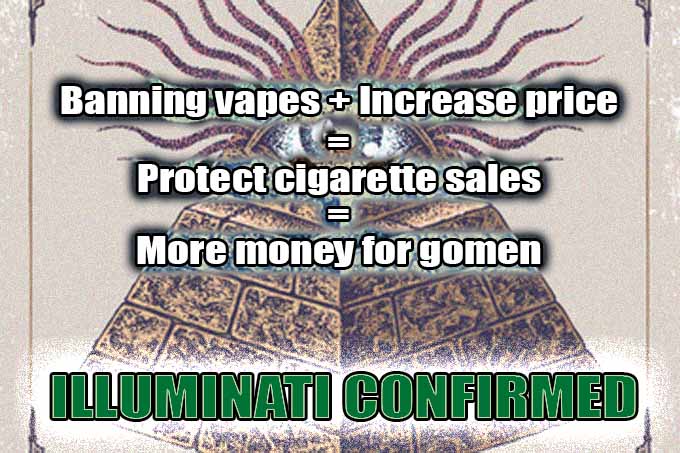
Conspiracy Theory 2 : Illegal gomen kickbacks

There are a number of highly placed gomen officials who have ties to black market (illegal) cigarettes, and the lower cost of vaping would lower the demand for cheaper illegal cigarettes. The cigarette and booze smuggling business is worth hundreds of millions of Ringgit.
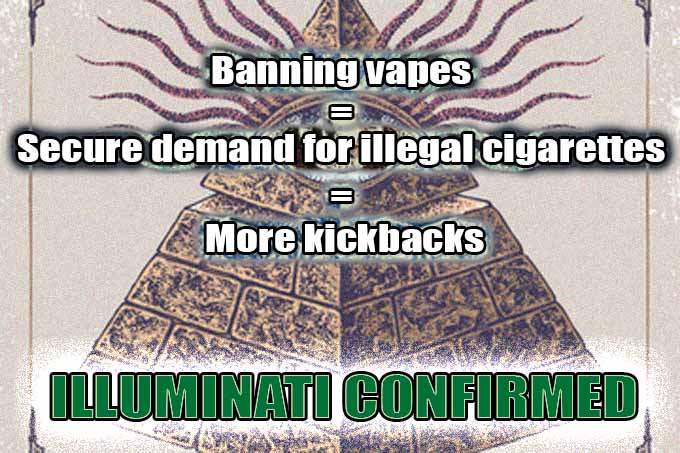
So while it seems that the government (or the Illuminati) have a number of rea$on$ to kill off the vaping industry, the actual reason is much more boring:
It’s illegal to sell nicotine products without a license!
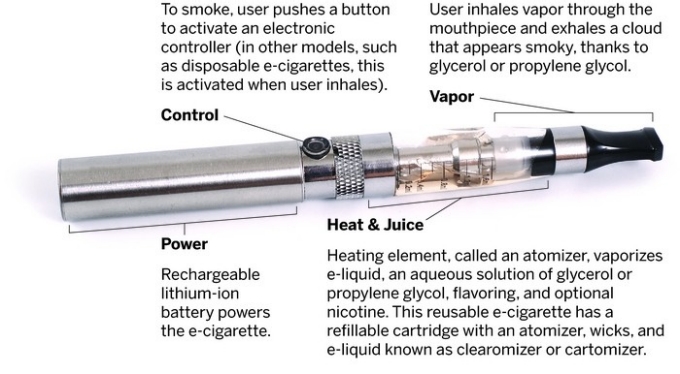
So here’s the sequence of events – The Health Ministry initially wanted to ban vapes altogether mainly due to unknown effects on health and the concern that it may be used as a gateway to smoking and drug use among teenagers. However, after disagreements from numerous parties and the Cabinet’s decision to not ban vapes, a compromise was reached: Vape products can be used and sold, just NOT those with nicotine.
Vapers looking for e-liquids (aka vape juice) containing nicotine will have to buy them from a pharmacy, where they’ll have to register their names in the log book – kinda like when you buy those superkengchau cough syrups behind the counter.
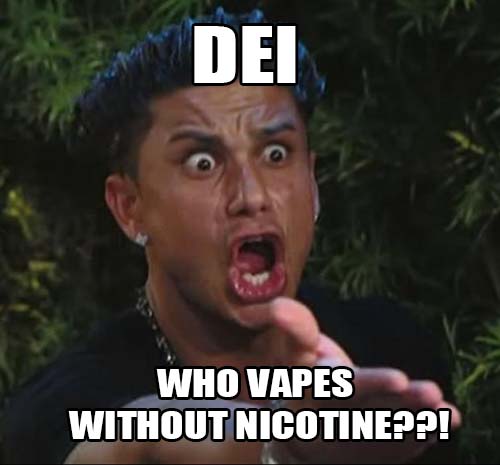 Claims that the authorities were heavy-handed in their raids – such as not giving a warning – aside, the official reason for confiscating the vape juice was that they contained nicotine, a controlled substance under the Poisons Act. We can’t show you a screenshot of it cause of the formatting of the chart, but you can either have a look at it yourself on Page 37 or just trust our research. #causewecredible
Claims that the authorities were heavy-handed in their raids – such as not giving a warning – aside, the official reason for confiscating the vape juice was that they contained nicotine, a controlled substance under the Poisons Act. We can’t show you a screenshot of it cause of the formatting of the chart, but you can either have a look at it yourself on Page 37 or just trust our research. #causewecredible
Basically, nicotine is a controlled substance in ALL forms EXCEPT for tobacco, which falls under a different law. And this is where the pharmacy part comes in – Nicotine is classified as a Group B poison (Page 20) and can only be sold by a registered medical practitioner.
But aside from nicotine vape businesses face another problem, that being…
Vape juice manufacturing is still a cottage industry
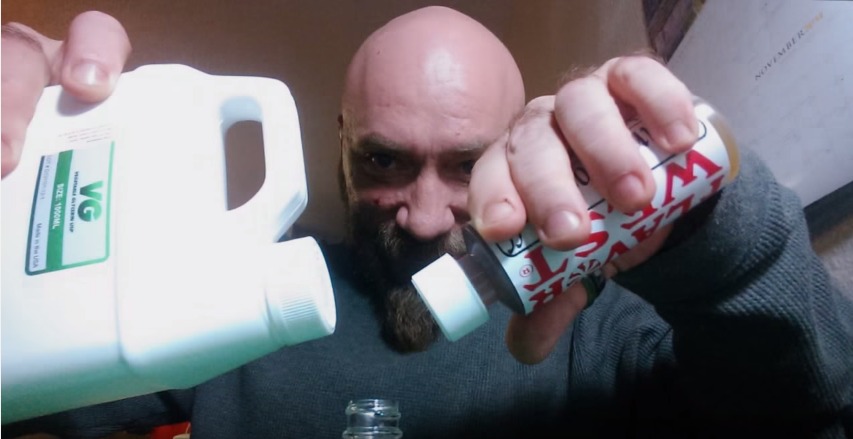
The term “cottage industry” refers to a small-scale manufacture of goods, usually at home and/or as a one-man show; which, according to people that we’ve spoken to, describes a pretty large portion of vape juice manufacturers.
The modern e-cigarette has only been around since 2004 and like any new product, it’s bound to spark some debate when enough people start getting into it. And hooooo boy are there a lotta debates. We’re not even going to discuss the long term effects of vaping or the effectiveness of vaping as a way to stop smoking (here’s a quick reference if you want a background) since even researchers can’t come to an agreement yet. As a comparison, research into smoking has been ongoing for the past fifty years while research into vaping has only just started.
A major problem encountered by researchers is that due to the number of independent manufacturers, any samples they’ve tested were either popular brands or those submitted by manufacturers so they can market their products as “safe”. This means that otherwise, there are no requirements to follow, and no standards to meet.
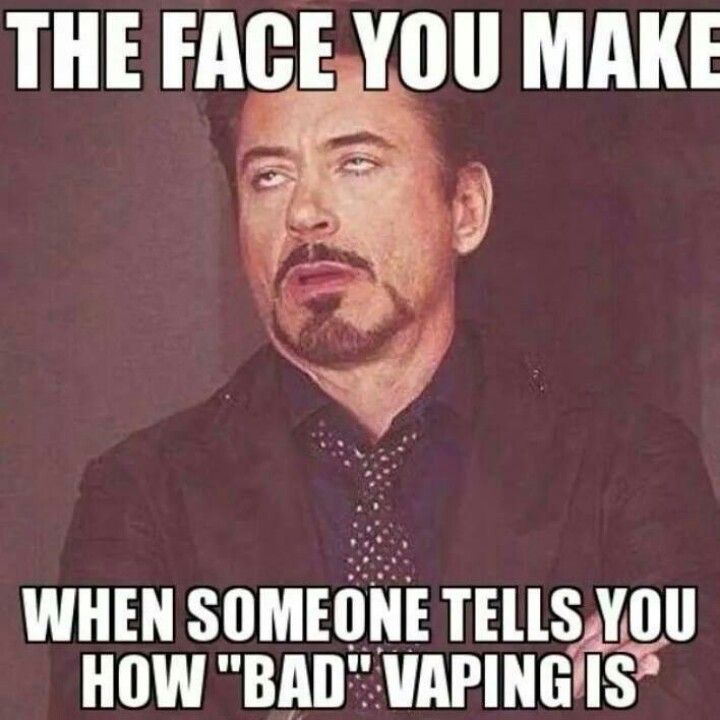
Marc Brucker, the founder of a vape juice company compared the vaping industry to another “new” one he was previously involved in – nutrition:
“What I saw was very disruptive technology … The marketplace was very immature. It was a cottage industry, almost an exact parallel to the nutrition business in 1994. Even from standard testing methodologies to regulation … the lack of good manufacturing practices that once existed in the nutrition business still existed here.” – Marc Brucker, founder of Sensory Solutions, as quoted on their website.
So while most vapers would say that vaping is safe because the ingredients are approved for human consumption, there is no way you’d be able to tell what actually goes into the bottle of vape juice that you’re buying. All you need is one manufacturer looking to make some quick money and replacing the any of the ingredients with a cheaper but more toxic alternative… and well, hello hospital bed. If you’re thinking that this is another Illuminati conspiracy, it isn’t. If something like baby formula can be purposefully contaminated with melamine despite safety procedures and checks, it really isn’t far-fetched to think it can happen to something you can buy over the internet.
So this is where the need for regulation comes in. In the United States, the Food and Drug Administration (FDA) has already made proposals and published initial guidelines for the manufacture and sale of vape products. In Malaysia, the Malaysian E-Vaporizers and Tobacco Alternative Association (Mevta) is also pushing for regulation by initiating discussions with the government to come up with regulations and education campaigns. As an additional note, SIRIM has issued a statement that while vape pens/e-cigarettes are regulated by exisitng standards (and can receive certification), there are no standards for vape juices and therefore no certification (yet).
Anyways, this leaves us with one final topic of discussion:
Was our government too extreme?
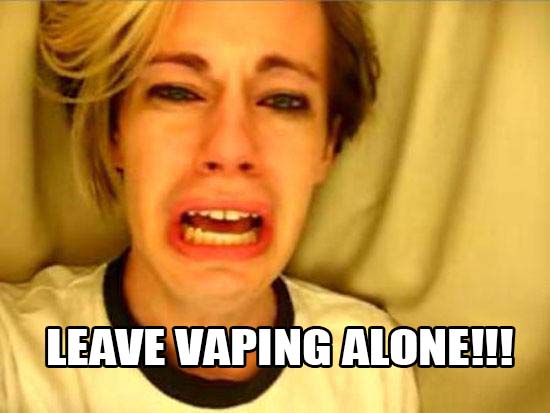
Well…. it depends on how you look at it. While the pharmacy policy isn’t good for people in the vape business, there’s at least an attempt at compromise instead of the alternative taken by some countries – an outright ban. According to E-Cigarette Politics, a resource that lists the status of e-cigarettes, most countries use a two-tier system – allowing the sale of non-nicotine vape juices while banning or controlling the sale of those with nicotine.
And if we were to compare ourselves with our immediate neighbors, our situation really isn’t that bad cause vapes are completely banned in Thailand, Indonesia, and Singapore.
However, we should also point out that vape merchandise isn’t exactly “legal” in many countries that permit them. It’s more because, being new, they slip past loopholes in current laws and classifications, although measures are already being taken – such as the US with FDA guidelines – to reclassify vapes as a tobacco product in order to enforce more control. According to the site, the United Kingdom is the only country in the world where “e-cigarettes are comprehensively and effectively regulated at this time.”
You can have a look at the status of each country from A-I here, and J-Z here.
So what’s going to happen to the Malaysian vape industry now?
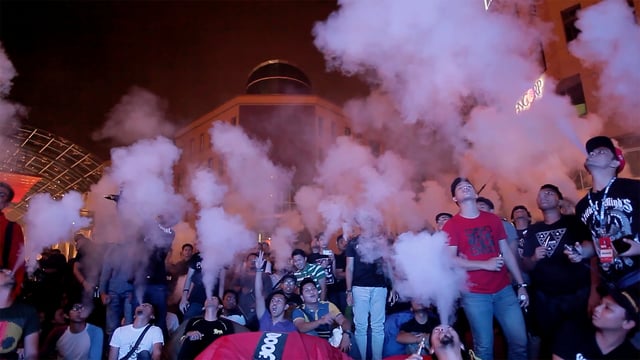
As we have seen, even without considering the unproven effects on health, vapes are kinda in the dangerous territory of falling into steep government regulation. However, the fact that the Malaysian Cabinet has already decided to not ban vapes despite the Health Ministry’s call for it is a positive sign. However, if the pharmacy policy sticks, it’s also quite certain that many vape businesses would be affected; effectively crippling the innovation and entrepreneurship that led to the high demand for Malaysian-made vaping products.
On the bright side, there’s a chance that pharmacies might not want to be a part of this scheme since it goes against their principles and ethics as healthcare providers, so there is a chance that existing laws can be amended to issue special permits to vape shops. Well, either that or an outright ban, but we’re also preeeeeeeetty sure that the government isn’t totally blind to how much the Malaysian vape industry is worth la.
But still, let us know what you think. Should vaping be banned, regulated, or allowed?
[interaction id=”5646528d3eaa7f143411af82″]
BTW, we expect some vapers to flame us for some of our points or our misuse of vaping terms but remember… vaping don’t use flame wan, k? 😉
- 209Shares
- Facebook203
- Email1
